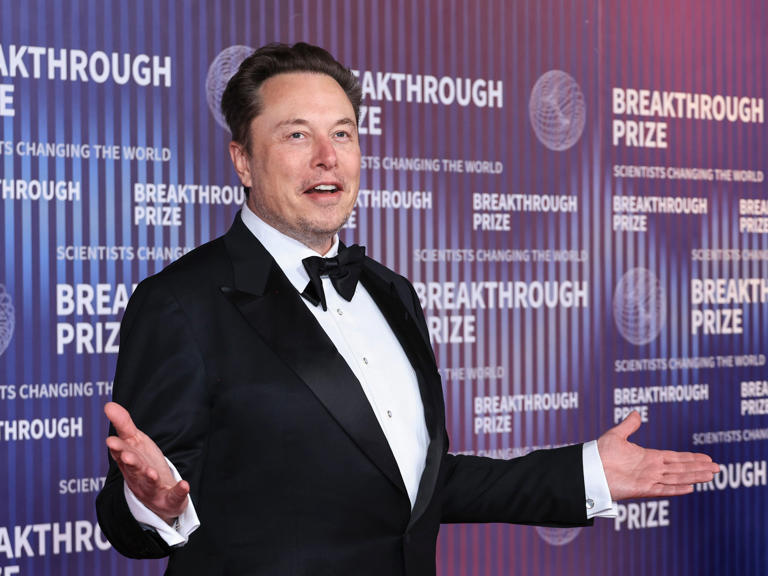Elon Musk’s recent criticism of Boeing’s management practices has sparked significant discussion within the aerospace industry and beyond. Musk’s comments, delivered via Twitter, coincided with Boeing’s highly anticipated launch attempt of its Starliner spacecraft, adding weight to his critique and highlighting the competitive dynamics between Boeing and Musk’s own aerospace company, SpaceX.
The context of Musk’s critique lies in the history of NASA’s commercial crew program, where both Boeing and SpaceX were awarded contracts to develop crew transportation systems for the International Space Station. Despite Boeing receiving more funding than SpaceX, the former faced significant delays and cost overruns, raising questions about the efficiency and effectiveness of its management structure.
Musk’s assertion that Boeing’s cost overruns could, at least in part, be attributed to the presence of “too many” non-technical managers underscores his belief in the importance of technical expertise in leadership roles, especially within complex engineering projects. This perspective aligns closely with Musk’s own management philosophy, which places a high value on hands-on experience and subject matter expertise as drivers of innovation and efficiency.
While Boeing has yet to issue a public response to Musk’s criticism, the issue raises broader questions about the balance between technical and non-technical leadership in large-scale engineering endeavors. The ongoing competition between traditional aerospace giants like Boeing and newer, more agile players like SpaceX highlights the evolving landscape of the space industry and the different approaches taken by key players.
Musk’s criticism of Boeing’s management practices comes at a pivotal time, coinciding with restructuring and layoffs at his own company, Tesla. This parallel underscores Musk’s commitment to streamlining operations and optimizing efficiency across his various ventures. It also reflects his hands-on approach to leadership and his willingness to challenge conventional norms in pursuit of his vision for the future.
As SpaceX continues to make significant strides in space exploration and commercialization, Musk’s outspoken commentary on industry practices serves as a reminder of the importance of innovation, adaptability, and technical expertise in driving progress in the aerospace sector. It also underscores the increasingly influential role that individual leaders like Musk play in shaping the trajectory of the industry as a whole.
